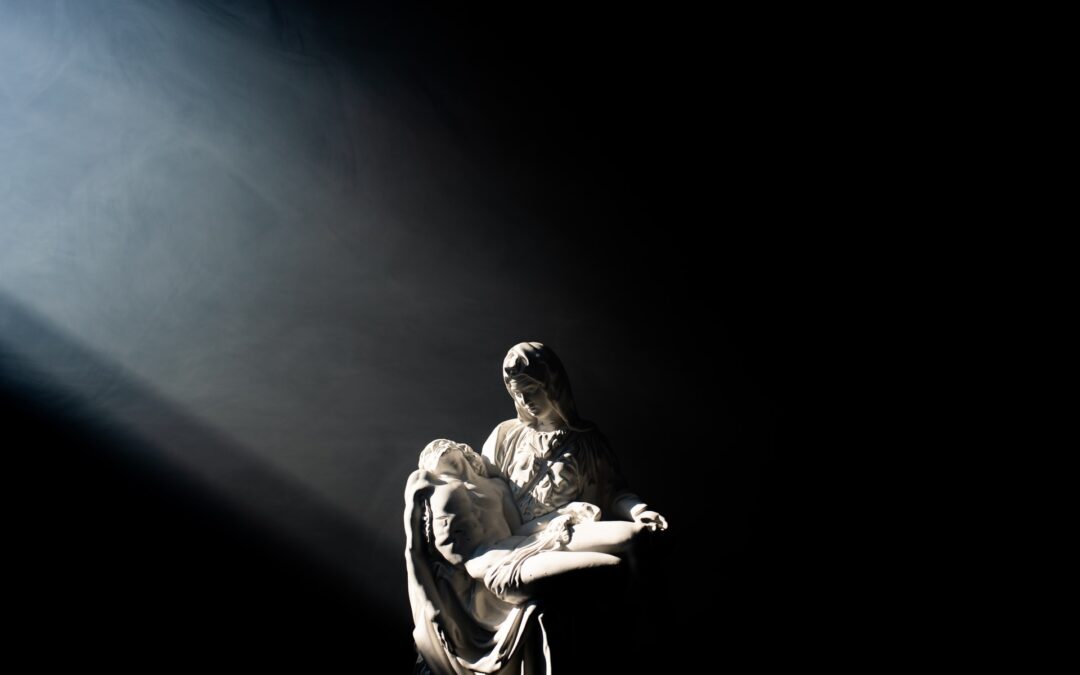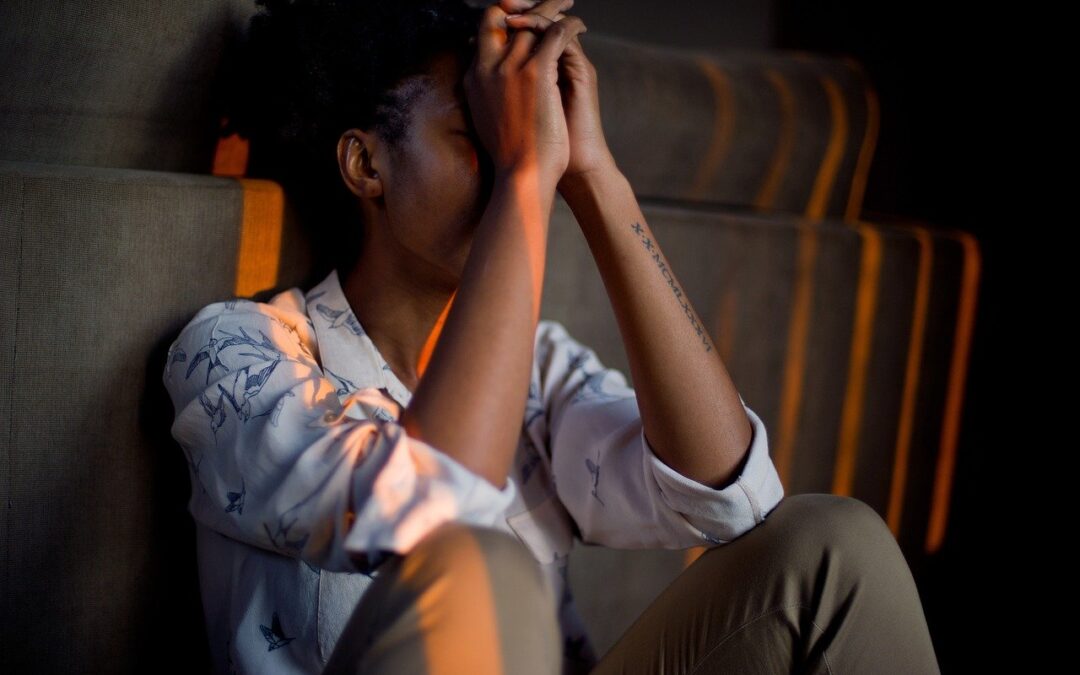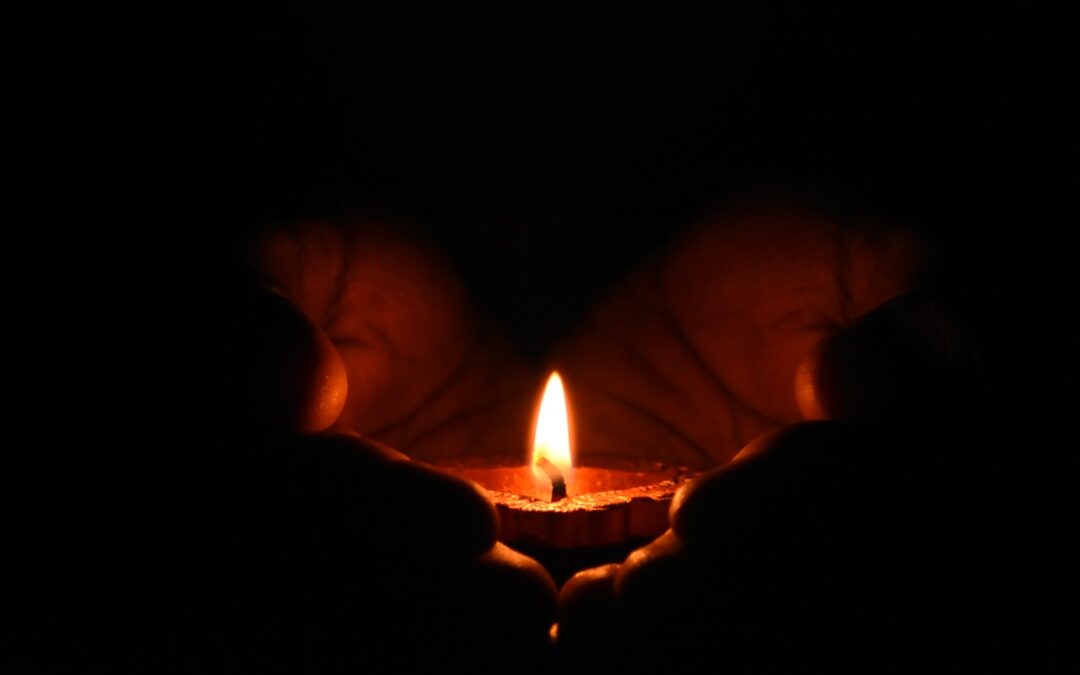
I’ll See You in My Dreams
I don’t remember most of my dreams.
From when I was a little kid, the vast majority of my dreams that I remember at all are anxiety-filled or nightmares. Even when they’re not bad, more often than not, they do not contain anyone recognizable from my waking hours.
After my 4-year-old daughter drowned, I sat in grief support groups and was completely envious hearing various people tell of their frequent dreams featuring their departed loved ones. One woman told a group that she got to review the day’s events in long conversations with her dead son every night. Others told of being able to see or hear their loved one every time they had a hard day.
I listened in silence feeling jealous, angery, sad, and frustrated knowing I hadn’t dreamt of my daughter at all in the months since she died.
How I wished the dreams would come. For months after her death, I remember pleading with her every night to visit me in my dreams. But I would awake the next morning feeling disappointed. And yet the dream stories at the support groups kept coming.
Finally, the first dream featuring my daughter, Margareta, came many months after she died. It was during one of my regular long, convoluted dreams that made no sense. I was in a gymnasium filled with parents who watched as their young children filed into the room in a line, as if they were in a parade.
I was elated and shocked all at once as I laid eyes on my daughter, whose hair was noticeably shorter than when she was alive. In the dream, I knew she was dead and thought, “Is this real?” I even asked a father standing next to me, “Can you see her?” thinking I might be the only one who could. Margareta didn’t speak. She just looked at me and smiled and then walked out of view.
The dream ended abruptly, but I was filled with gratitude for the brief glimpse of my daughter.
Another dream some months after that first one was the most memorable and wonderful dream I’ve ever had. I don’t remember anything else about the dream except that it ended with me walking into a backyard where my husband and other family members were gathered for a barbeque.
My husband explained to me that somehow Margareta was able to be with us and I turned and saw her and quickly picked her up and hugged her tight. Then I held her so I could look at her lovely face. She gently cupped my cheeks with her small hands. Then looking into my eyes, she smiled and said, “Mommy loves me.”
I woke up in tears. I knew how much my daughter loved me, but hearing her say those words was so meaningful. They let me know she knew and had felt how much I loved her. It was what my soul desperately needed to hear. Especially since I was still so filled with guilt over her death.
In the years since her death, I have had very few dreams featuring my daughter.
I can probably count them on one hand. One was an unwelcome nightmare, where she lay on the concrete near a pool sucking her thumb. She began to stiffen from rigamortis as I looked on in horror and desperation. The other dreams have been wonderful, short glimpses and reminders of my beautiful daughter. She doesn’t speak and they don’t last long. But I am so thankful for them, because I know she is dead in the dream and how much of a gift it is to see her.
This last month was a hard one for me. The beginning of the month marked another birthday we had to celebrate without her. The end of the month marked the anniversary of that horrible day when she drowned in our pool while we were home. Day after day, I struggled with intense emotions and felt overwhelmed from everyday life.
On one particularly bad day, I wrote about how I was feeling. Then after work, I drove to the cemetery (which I don’t do much anymore). I sat at her grave and cried as I talked to her. I told her everything that was on my mind, but mostly how much I missed her; how much I wanted to just hold her and hear her sweet voice again. It helped release some of the tension I’d been holding inside, as most trips to the cemetery do.
Later that week, I was surprised by another rare dream featuring Margareta.
I don’t remember how it started, but my husband and I were driving on a road that started to get very rough. The road led us into a cave where the exit was covered with rocks and boulders. We got out and started removing the rocks. And as I pulled them away, I began to see Margareta’s face on the other side. I was ecstatic! She smiled and then began talking — which she has only done once before in my dreams. I don’t remember anything she said, but I got to hug her, talk to her, and spend time with her. It was as if she were responding to my conversation with her at the cemetery a few days before!
What about you? Do you have memorable dreams of someone you lost?
For those who can seemingly dream about your dead loved ones whenever you want, I continue to be envious. For those who rarely if ever have dreams featuring your loved one, I sympathize with you. While I don’t expect to have another dream about Margareta for a long, long time, I will continue to wait with hopefulness.
I love you, Margareta, and I’ll see you in my dreams…





 This website was inspired by the memory of Margareta Sol Kubitz in hopes of helping others work through the pain of grief.
This website was inspired by the memory of Margareta Sol Kubitz in hopes of helping others work through the pain of grief.